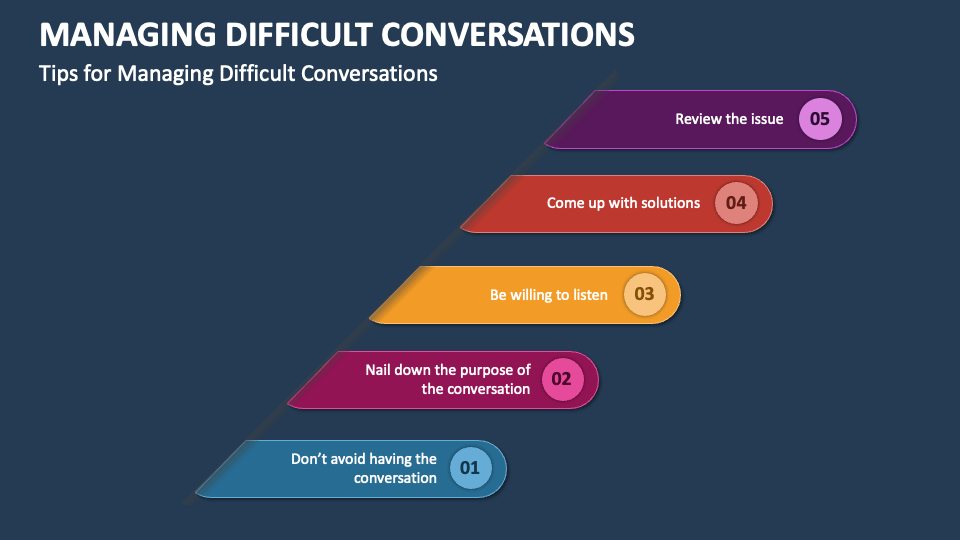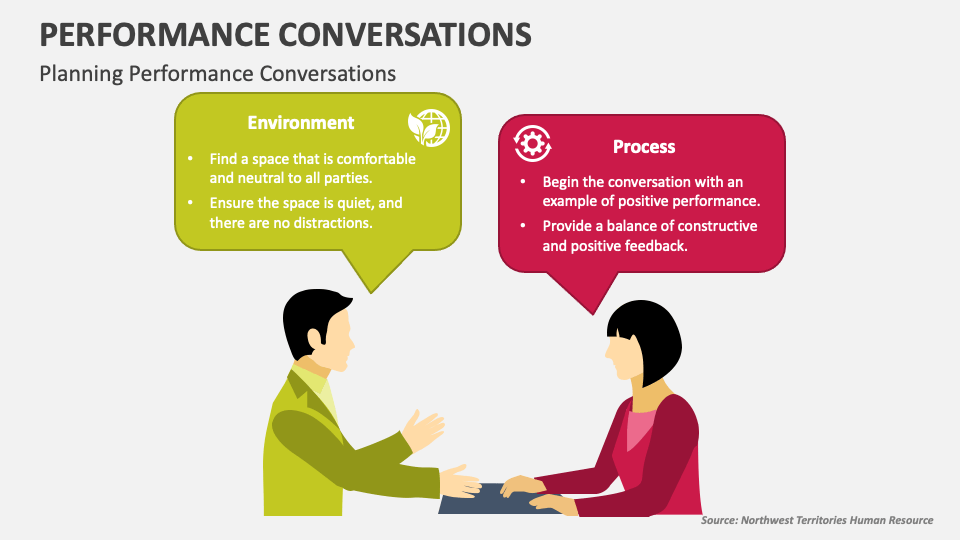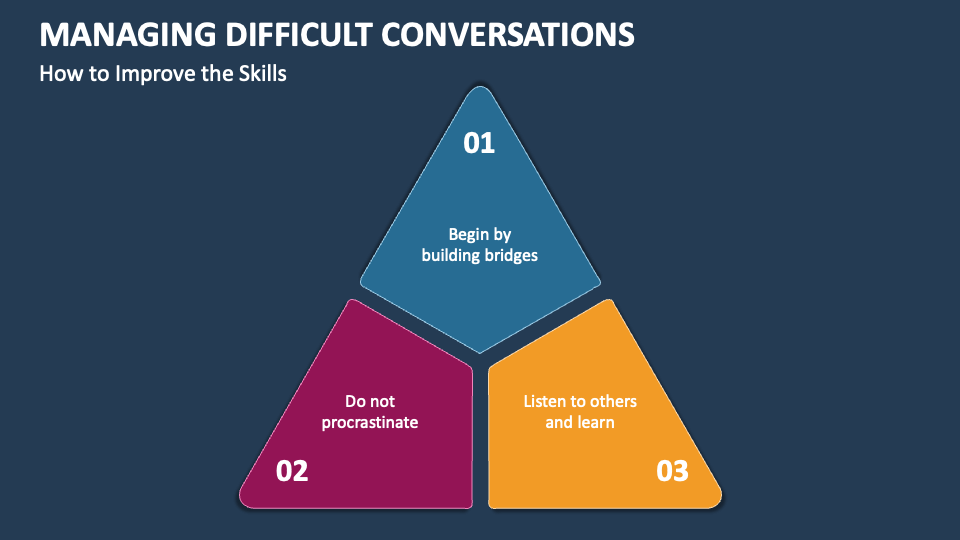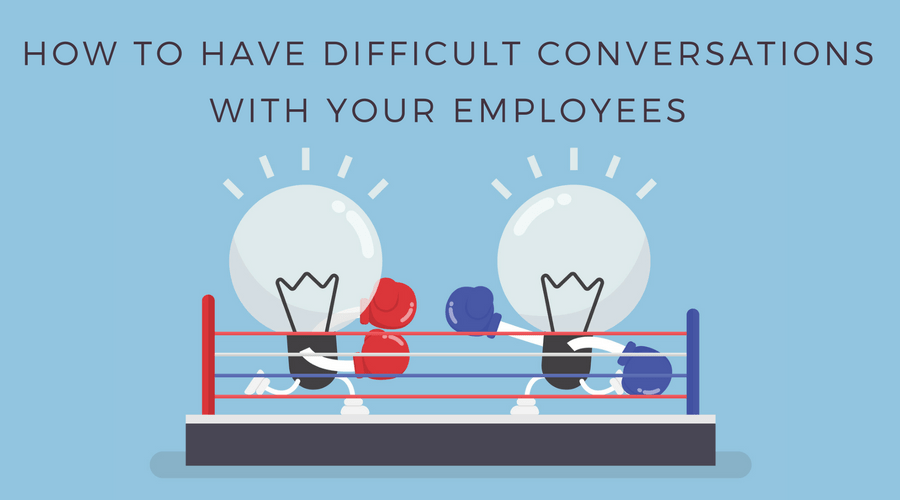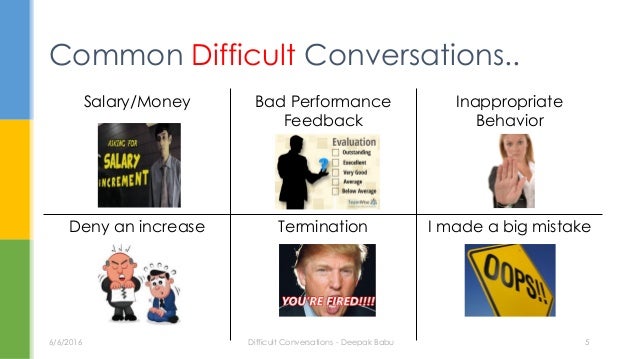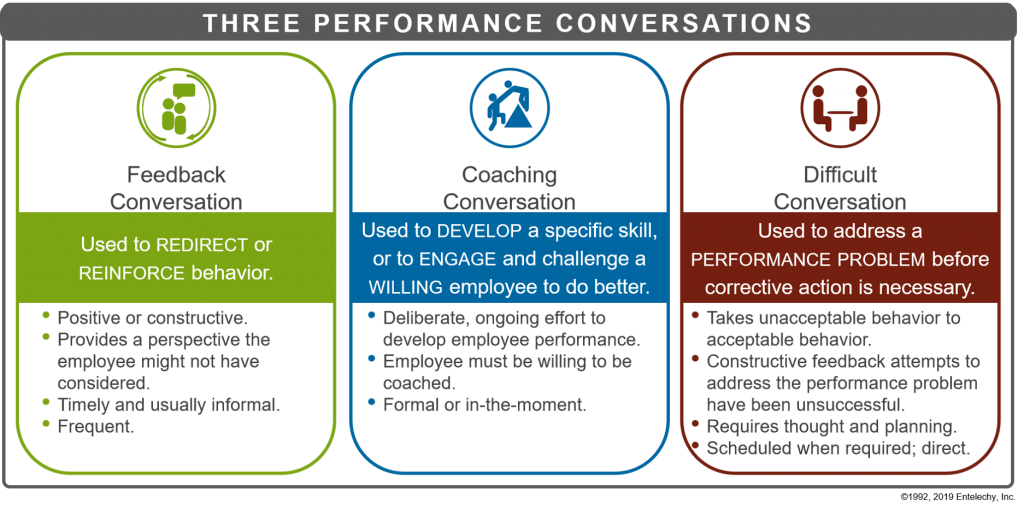Difficult Performance Conversations

The aroma of freshly brewed coffee hung heavy in the air, a stark contrast to the knot forming in Sarah’s stomach. Across the polished table, Mark fidgeted, avoiding eye contact. The annual performance review loomed, a necessary evil in the corporate landscape, but this one felt different. This one felt difficult.
Navigating difficult performance conversations is a crucial skill for managers, impacting employee morale, productivity, and overall company culture. While often dreaded, these discussions, when handled effectively, can become opportunities for growth and stronger working relationships. They are not just about pointing out shortcomings, but about fostering understanding and paving the way for improvement.
The Weight of Expectations
Performance reviews have evolved significantly over the years. Gone are the days of purely top-down assessments; today, many companies embrace a more collaborative and feedback-driven approach. However, even with these advancements, the inherent power dynamic can make honest communication challenging.
According to a recent study by Gallup, only 14% of employees strongly agree that their performance reviews inspire them to improve. This stark statistic highlights the urgent need for a more effective approach to performance management. The key lies in creating a safe space for open dialogue.
Understanding the Underlying Issues
Before initiating a difficult conversation, it's crucial to understand the root cause of the performance issue. Is it a lack of skills, unclear expectations, personal challenges, or something else entirely? Gathering specific examples and documenting observations is essential for providing constructive feedback.
"It's not about attacking the person, but addressing the behavior," emphasizes Dr. Anna Ramirez, a leading organizational psychologist. This distinction is critical for maintaining a positive and productive atmosphere.
Harvard Business Review often highlights the importance of focusing on future performance rather than dwelling on past mistakes. Framing the conversation around how the employee can improve moving forward can be incredibly motivating.
The Art of Empathetic Communication
Delivering difficult feedback requires a delicate balance of honesty and empathy. Choosing the right words, tone, and body language can make all the difference. Starting with positive reinforcement can help ease tension and build rapport.
One effective technique is the "SBI" model – Situation, Behavior, Impact. By clearly outlining the specific situation, describing the observed behavior, and explaining the resulting impact, managers can deliver feedback in a factual and objective manner. For example, "During the project presentation (Situation), you interrupted Sarah several times (Behavior), which gave the impression that you weren’t valuing her input (Impact)."
Active listening is equally crucial. Encourage the employee to share their perspective and actively listen to their concerns. This demonstrates respect and fosters a sense of collaboration.
Creating a Path Forward
A difficult conversation shouldn't end with simply identifying the problem. It's about collaboratively creating a plan for improvement. This may involve setting specific, measurable, achievable, relevant, and time-bound (SMART) goals.
Mentorship or coaching opportunities can provide valuable support and guidance. Regular check-ins and progress updates are also essential for keeping the employee on track and providing ongoing encouragement.
"Performance management is not a one-time event, but an ongoing process," notes John Maxwell, a renowned leadership expert. This continuous cycle of feedback and support is what truly drives growth and development.
Turning Challenges into Opportunities
While difficult performance conversations can be uncomfortable, they ultimately serve a vital purpose. They provide an opportunity for employees to learn, grow, and reach their full potential. They also allow managers to build stronger, more trusting relationships with their team members.
By approaching these conversations with empathy, honesty, and a focus on future growth, we can transform them from dreaded tasks into valuable opportunities for positive change. Embracing this perspective can lead to a more engaged, productive, and ultimately successful workforce.
As Sarah took a deep breath and met Mark's gaze, she knew this conversation wouldn't be easy, but she was prepared. She had a clear understanding of the issues, a plan for addressing them, and a genuine desire to help Mark succeed. This wasn't just about performance; it was about people.



